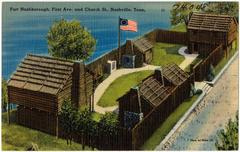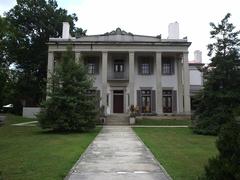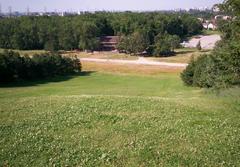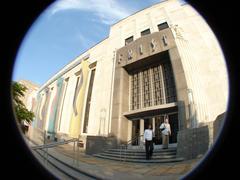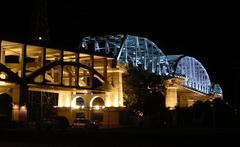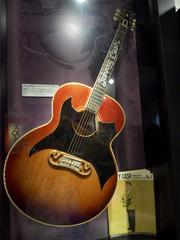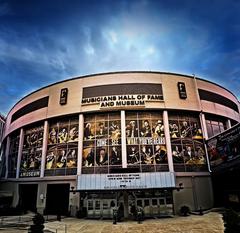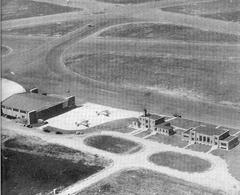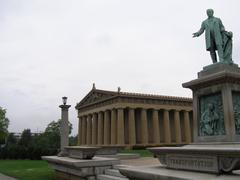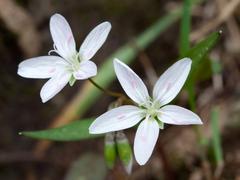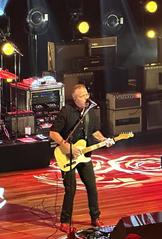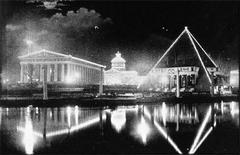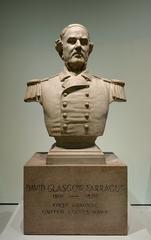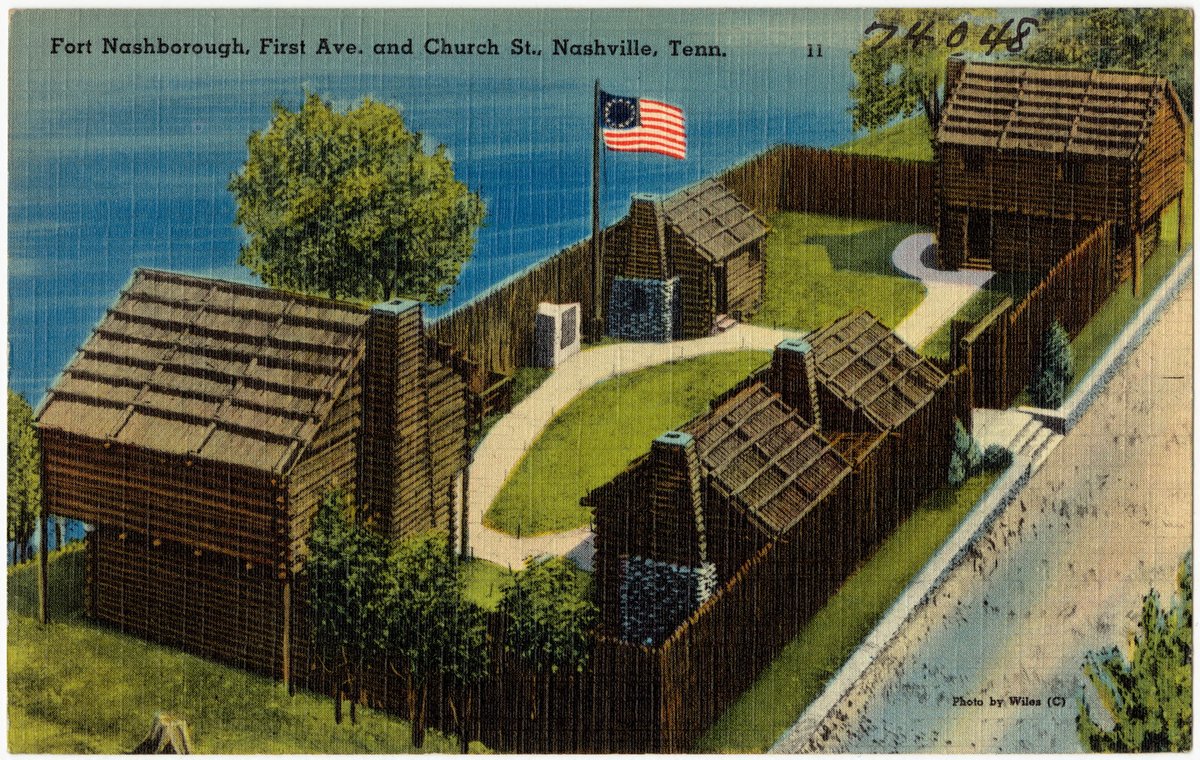
Visiting Hours, Tickets, and Historical Insights: Your Guide to Fort Nashborough in Nashville
Date: 20/07/2024
Introduction to Fort Nashborough
Fort Nashborough, located in the heart of Nashville, Tennessee, is a cornerstone of American frontier history. Established in 1779 by James Robertson and John Donelson, this historic fort symbolizes resilience and determination, paving the way for the settlement of the Cumberland region. Named after General Francis Nash, a hero of the American Revolutionary War, Fort Nashborough was initially constructed as a log stockade to protect settlers from potential Native American attacks (Nashville.gov). The fort’s strategic position on a bluff overlooking the Cumberland River provided a vital defense point during the turbulent times of westward expansion. The early settlers drafted the Cumberland Compact in 1780, an innovative document that established self-governance and laid the foundations for democracy on the American frontier. Today, Fort Nashborough has been meticulously reconstructed and serves as an educational and tourist destination, offering visitors a glimpse into the challenges and triumphs of Nashville’s early settlers (Metro Parks and Recreation).
Table of Contents
- Introduction
- Founding and Early History
- Construction and Layout
- The Cumberland Compact
- Conflict and Defense
- Decline and Reconstruction
- Modern-Day Significance
- Visitor Information
- Educational Programs
- Special Events and Guided Tours
- Photographic Spots
- Preservation Efforts
- FAQ Section
- Conclusion
Founding and Early History
Fort Nashborough was established in 1779 by James Robertson and John Donelson, who led a group of settlers to the area. Named after General Francis Nash, a hero of the American Revolutionary War, the fort marked the beginning of permanent settlement in the Cumberland region.
Construction and Layout
The original Fort Nashborough was a log stockade built to protect settlers from potential Native American attacks, particularly from the Cherokee and Chickamauga tribes. Strategically located on a bluff overlooking the Cumberland River, the fort consisted of interconnected log cabins forming a rectangular enclosure with defensive gun ports.
The Cumberland Compact
In 1780, the settlers drafted the Cumberland Compact, a pioneering document establishing a form of self-government, including a court system and militia leaders. This document is an early example of democratic governance on the American frontier.
Conflict and Defense
The early years saw frequent conflicts with Native American tribes. The Battle of the Bluffs in 1781 stands out, where Cherokee warriors attacked the fort. The settlers, led by James Robertson, successfully repelled the attack, marking a turning point in their struggle for survival.
Decline and Reconstruction
By the late 1780s, as Nashville expanded, the original fort fell into disrepair and was abandoned. Recognizing its historical significance, the city reconstructed the fort in the 1930s. The reconstructed Fort Nashborough, completed in 1930, is now a historical landmark and a reminder of Nashville’s early history.
Modern-Day Significance
Today, Fort Nashborough is a popular tourist attraction and educational resource. The reconstructed fort offers replicas of the original cabins and palisade walls, providing an immersive experience. Interpretive displays and guided tours offer insights into the fort’s history and its role in Nashville’s development.
Visitor Information
Visiting Hours and Tickets
Fort Nashborough is open year-round with seasonal hours. Admission is free, but donations are welcome to support ongoing preservation efforts. For the latest visiting hours and ticket information, visit the official Nashville.gov website.
Travel Tips and Nearby Attractions
Located in downtown Nashville, the fort is easily accessible. Nearby attractions include the Tennessee State Museum, Country Music Hall of Fame, and the Ryman Auditorium. Consider combining these visits for a full day of exploration.
Accessibility
The site is designed to be accessible to all visitors, with pathways and facilities accommodating wheelchairs and strollers.
Educational Programs
Fort Nashborough offers educational programs and activities for visitors of all ages. School groups can participate in guided tours, hands-on activities, and interactive exhibits exploring the history of Nashville’s early settlement.
Special Events and Guided Tours
Throughout the year, Fort Nashborough hosts special events commemorating historical milestones. Guided tours, led by knowledgeable interpreters, provide deeper insights into the fort’s history and significance.
Photographic Spots
Capture the essence of Fort Nashborough at several picturesque spots around the fort. The bluff overlooking the Cumberland River offers a particularly stunning backdrop.
Preservation Efforts
Ongoing efforts ensure the fort remains a valuable cultural and historical asset. A major renovation in 2017 included new interpretive exhibits and structural restorations.
FAQ Section
What are the visiting hours for Fort Nashborough?
Visiting hours vary seasonally. Check the Nashville.gov website for current hours.
How much do tickets to Fort Nashborough cost?
Admission is free, but donations are appreciated.
Are there guided tours available?
Yes, guided tours are available and provide in-depth historical insights.
Conclusion
Fort Nashborough stands as a testament to the resilience and determination of Nashville’s early settlers. Its history is a vital part of the city’s heritage. Through ongoing preservation efforts and educational programs, Fort Nashborough continues to inspire and educate visitors. Plan your visit today and immerse yourself in the rich history of Nashville’s founding.
